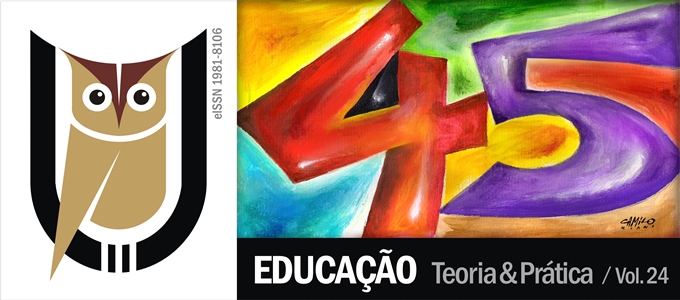When change reiterates the norm: curriculum restructuring of medicine in possible connections with sexuality and gender
DOI:
https://doi.org/10.18675/1981-8106.vol24.n45.p144-161Keywords:
Medical curriculum. Sexuality. Relations of gender.Abstract
The scenario of medical education has expressed demands and specific configurations, which negotiate a reconfiguration of the ways and means to see and do Medicine, standing in the foreground, a restructuring of medical curricula. In this article, from observations and official documents of a medical curriculum that undergoes restructuring, it is argued that discourses of Sexuality and Gender crossing ways of teaching, learning, doing and practicing medicine in both the model that is considered necessary overcome, as in the model that aims to establish. From a line of action inspired by the analytical of the discourse of Michel Foucault, the aim is to show how the medical discourse is gendered and sexualized, and as the Medical produces gender and sexualizes bodies through the medicalization understood as moralizing of sexuality. Finally, as has worked in management, marking, cataloging, standardizing, normalizing, standardizing, and pathologizing medicalizando bodies.Downloads
Published
How to Cite
Issue
Section
License
Authors who publish in this journal agree to the following terms:
a) Authors assign copyright to the journal, with the work simultaneously licensed under the Creative Commons Attribution License that allows sharing of the work with acknowledgment of authorship and publication in this journal.
b) The policy adopted by the Editorial Committee is to assign copyright only after a period of 30 months from the date of publication of the article. After this time, authors interested in publishing the same text in another work must send a letter to the Editorial Committee requesting the release of the assignment of copyright and wait for a response.
c) This journal provides public access to all its content, since this allows greater visibility and reach of published articles and reviews. For more information on this approach, visit the Public Knowledge Project, a project that developed this system to improve the academic and public quality of research, by distributing OJS as well as other software to support the public access publication system to academic sources. The names and email addresses on this website will be used exclusively for the purposes of the journal and will not be available for other purposes. This journal provides open any other party  This work is licensed under a Creative Commons License
This work is licensed under a Creative Commons License











